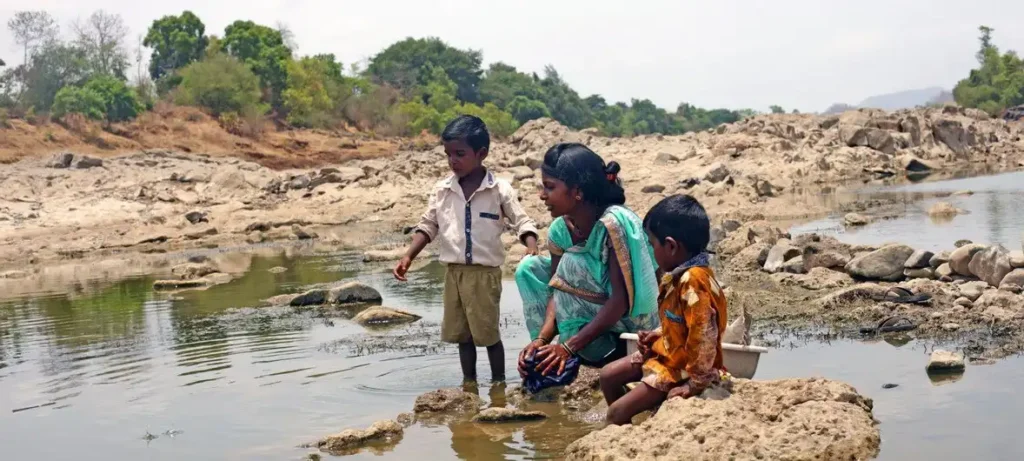Progress has been recorded in global efforts to improve sanitation and hygiene, but billions of people still lack access to safe water and basic services, according to a new report released by the World Health Organization (WHO) on Tuesday.
The findings show that:
- 2.1 billion people lack access to safely managed drinking water.
- 1.7 billion people still lack basic hygiene services at home.
- 3.4 billion people are without safely managed sanitation.
- 106 million people drink directly from untreated surface water.
Rural Areas Lag Behind
The report highlighted that rural communities are most affected, with poorer infrastructure and limited access compared to urban centres.
While cities generally have more developed sanitation systems, WHO noted that coverage for hygiene and safe drinking water in urban areas has stagnated in recent years.
Women and Girls Disproportionately Affected
The data also showed that women and girls bear the heaviest burden where water infrastructure is weak. They are often responsible for collecting water, which reduces the time they can spend on education, work, or other activities.
Menstrual health remains another area of inequality. In many countries, menstruation limits women and girls’ participation in school, work, and social activities, further deepening gender disparities.
WHO Calls for Urgent Action
The WHO urged governments and stakeholders to accelerate progress, especially for the most marginalised communities.
Dr. Ruediger Krech, Acting Director for Environment, Climate Change and Health at WHO, stressed that these basic services are human rights.
“Water, sanitation and hygiene are not privileges, they are basic human rights,” he said.
Global Development Goals at Stake
The WHO report warns that without urgent investment, the world risks missing critical Sustainable Development Goals (SDGs) on water and sanitation by 2030.
UK Investors Dominate Nigeria’s Q1 2025 Foreign Capital Inflows























